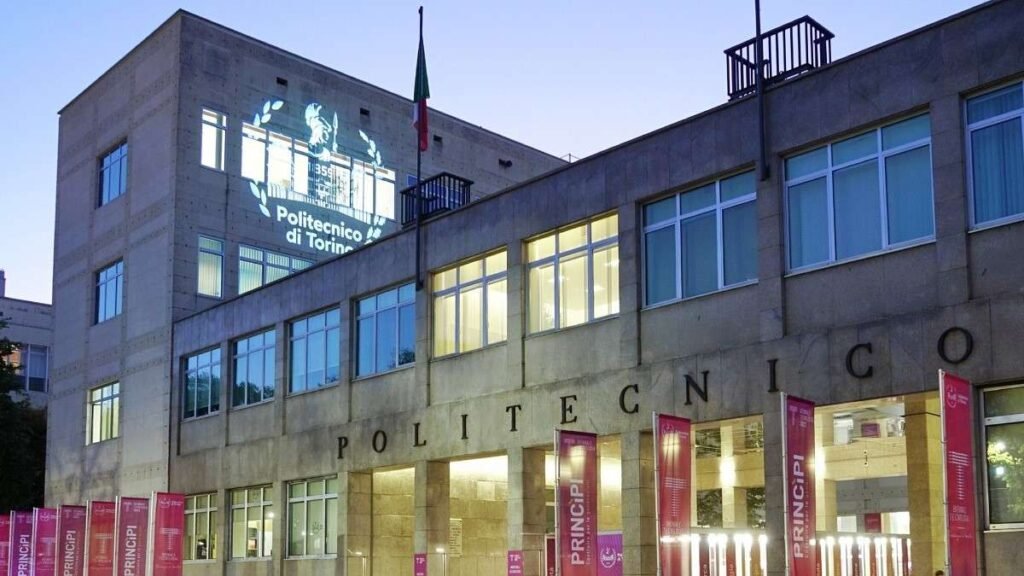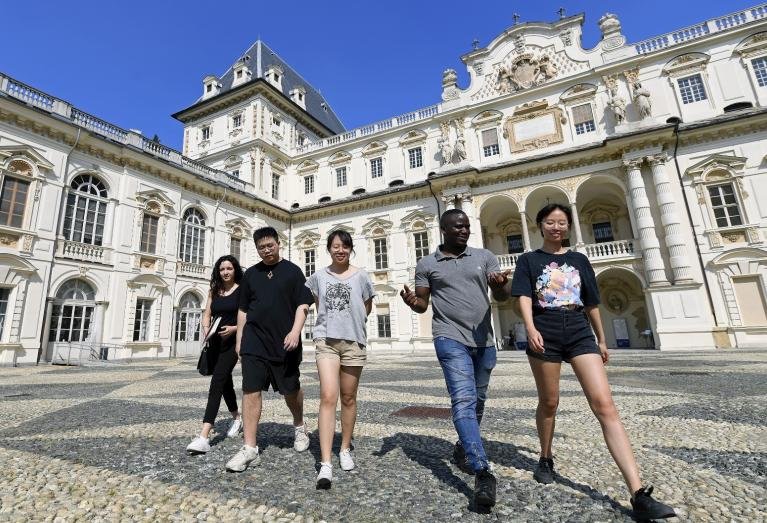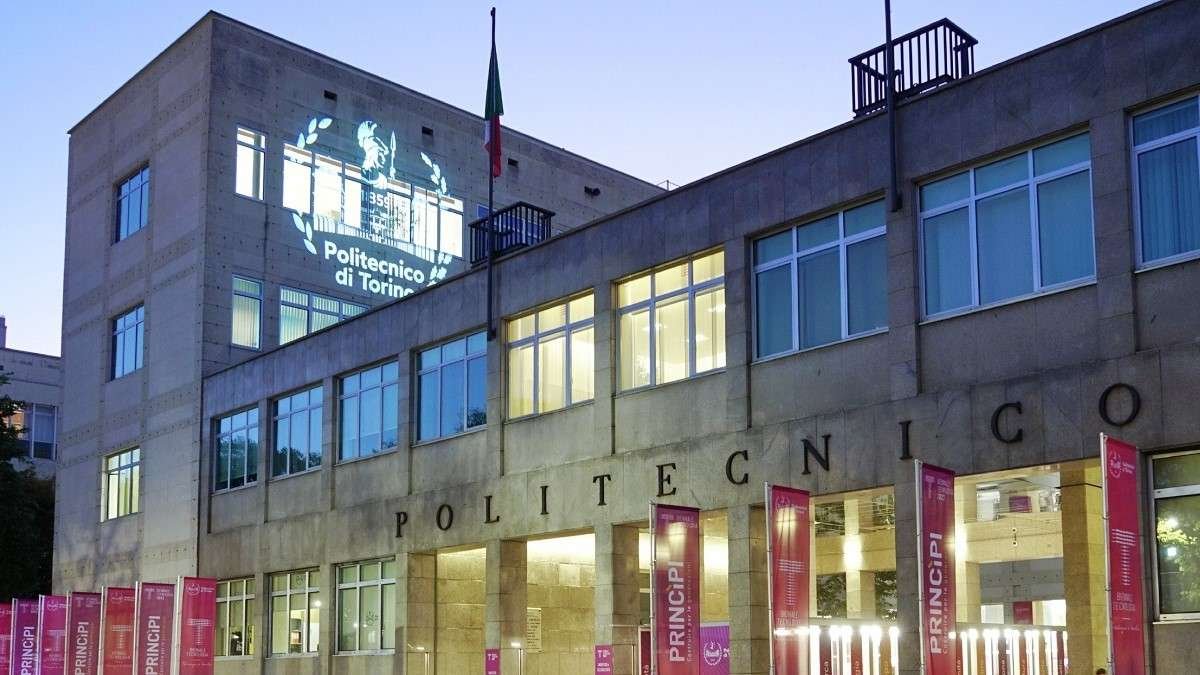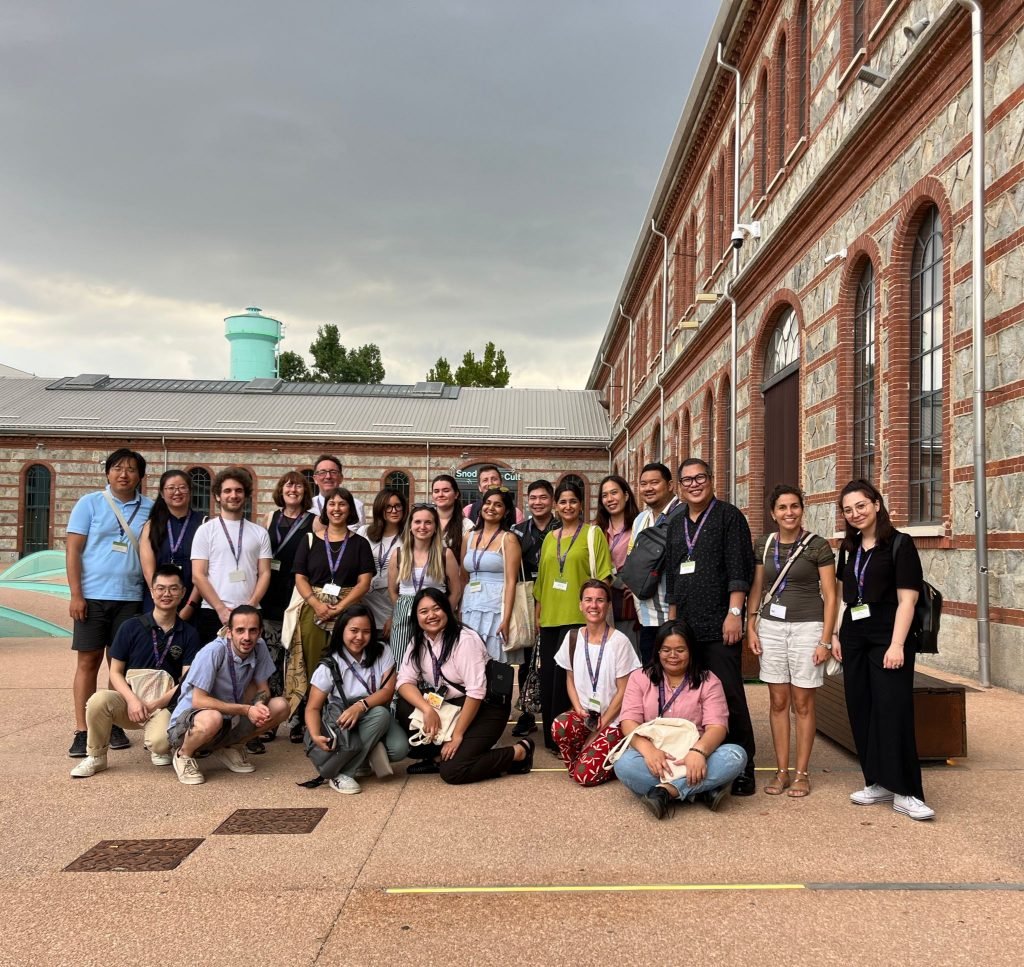Politecnico di Torino has a long history of training engineers, architects, designers, and urban planners who have been at the forefront of societal changes and technological innovations. In today’s rapidly evolving global landscape, where challenges like globalization, climate change, and the rise of advanced technologies are reshaping the world, universities must adapt to make a tangible impact.
Politecnico di Torino has risen to this challenge by transforming into an inclusive university that is deeply connected to the labor market and industrial sectors. It plays a crucial role in driving innovation and fostering lifelong learning, positioning itself as a key player in the sustainable development of society.
For over 160 years, Politecnico di Torino has been recognized as one of the most prestigious public institutions in both Italy and the world, excelling in education, research, technological transfer, and services across all fields of architecture and engineering. The university offers internationally recognized programs, including a wide array of English-taught courses from undergraduate to Ph.D. levels.
One of the first colleges in Italy to adopt a major globalization plan was Politecnico di Torino.
This included creating a dedicated internationalization area, expanding the number of courses offered in English, supporting international student and staff mobility, participating in joint research and teaching programs, and establishing centers and campuses abroad in countries like China and Uzbekistan. Thanks to these efforts, Politecnico di Torino is now ranked among the top international technical universities.
With a student body of 36,000, of which about 16% are international students the highest percentage in Italy the university offers a truly global and multicultural environment. Politecnico di Torino provides excellent support services for international students, including assistance with accommodation, visas, residence permits, health insurance, and other practical matters, as well as help with administrative procedures and language barriers.
The university’s academic and research activities are organized into 11 departments, which also promote research in four key areas: Civil and Environmental Engineering, Architecture and Industrial Design, Industrial Engineering, and Information Technologies.
Read Also: The US States With More Places for Incarceration 2024
History of Politecnico di Torino

Politecnico di Torino traces its origins back to the 19th century. Founded in 1906 as the Royal Turin Polytechnic (Regio Politecnico di Torino), its roots go even further back to the Technical School for Engineers established in 1859 after the Casati Act and the Italian Industry Museum founded in 1862. These institutions laid the foundation for research and higher education in technical fields, guiding the country into a new industrial era. Over time, the university has become known for its contributions to new fields of study such as Electrotechnics and Building Science, responding to the needs of society and industry.
In 1859, the Valentino Castle (Castello del Valentino) was given to the Technical School for Engineers, now Politecnico di Torino. At the turn of the 20th century, the Regio Politecnico di Torino, which was modeled after the top European Polytechnic Schools, grew in a number of ways and established relationships with both the national and local industries as well as the European scientific community.
The new laboratories, from Chemistry to Architecture, became vibrant hubs where students from across Italy came to build their futures in a lively and creative environment. In November 1958, the university opened its large complex on Corso Duca degli Abruzzi, which has since expanded to include the Cittadella Politecnica a campus that integrates classrooms, laboratories, education, research, and services to the city.
Read Also: Cross Culture Program Fellowship (CCP) 2024 in Germany
Why Study at PoliTO?
Politecnico di Torino offers a comprehensive range of programs in Architecture, Engineering, Design, and Urban Planning. The university provides a stimulating environment where rigorous training is combined with advanced teaching methods, making use of the latest technologies and student-centered approaches. Located in the vibrant city of Turin, students benefit from high quality of life, rich cultural and sports opportunities, and a lively social scene, making their time at PoliTO a truly enriching experience. In the 2024 QS World University Rankings, Politecnico di Torino is placed at 252nd overall, ranking in the top 17% globally. It is particularly strong in the field of Engineering and Technology, where it ranks 52nd worldwide.
Innovating at Politecnico
Innovation is central to Politecnico di Torino’s mission, alongside teaching and research. The university contributes to the local innovation and technological transfer ecosystem, supports the creation of new enterprises, and facilitates knowledge sharing to help society navigate current challenges. The university’s approach to technological transfer is part of its broader “Third Mission,” a strategic institutional activity aimed at fostering social, cultural, and economic development.
Politecnico di Torino has increasingly embraced the concepts of knowledge sharing and co-generation (Knowledge Exchange). This approach is applied in collaboration with companies—from SMEs to multinationals to develop joint research projects and lead socio-economic innovation, focusing on the needs of both private and public sectors.
The university remains committed to consolidating the value of research outcomes through the “innovation chain,” which connects research skills and results with their practical application. This process involves various stakeholders within and outside the university, contributing to the creation of a comprehensive Technology Transfer System.
Read Also: World Trade Organization Internship 2024
Promoting Culture and Growing Society
Universities today are increasingly expected to play a leading role in combating inequality. At Politecnico di Torino, research and teaching are seen as powerful tools for designing solutions to the pressing challenges posed by the current economic crisis, health emergencies, and socio-economic context.
Through its Polito4Impact Strategic Plan, Politecnico di Torino is focused on making a tangible impact on society by enhancing activities that directly address societal needs. These efforts include projects aimed at specific groups (such as the elderly, schools, and refugees) as well as initiatives tackling broader issues like climate change, energy, health protection, and food security.
Opening the university to the broader community is also a core objective, aimed at spreading awareness of these initiatives and highlighting the significant role research plays in addressing today’s challenges.
Campus Features

The campuses of Politecnico di Torino are inspired by the layout of Anglo-Saxon universities, with multi-purpose buildings dedicated to teaching, research, and student services. The university operates a network of regional technological centers in Alessandria, Biella, Mondovì, and Verrès, focusing on research, technological transfer, specialized education, and regional services.
The historic Valentino Castle, located along the River Po, serves as the university’s main teaching campus for Architecture, covering an area of 23,000 square meters. The large complex on Corso Duca degli Abruzzi, with 122,000 square meters, is the main campus for Engineering and is complemented by the Cittadella Politecnica—a modern complex of 170,000 square meters that includes student areas, research facilities, technological transfer activities, and services.
The newest addition to the university’s infrastructure is the Design and Sustainable Mobility Citadel, located near the remodeled Fiat manufacturing facility at Mirafiori and the Lingotto building, which now hosts the Master School.
Read Also: List of top MBBs Scholarships for International Students 2024-2025.
In conclusion, Politecnico di Torino stands as a beacon of innovation and academic excellence, deeply rooted in its rich history while continually evolving to meet the demands of a globalized world. With its extensive international opportunities, cutting-edge research, and commitment to sustainable development, PoliTO not only prepares its students for successful careers but also contributes significantly to global knowledge and societal advancement. By embracing diverse perspectives and fostering global collaborations, Politecnico di Torino solidifies its position as a leading institution on the international stage, driving progress and shaping the future of education and technology.


